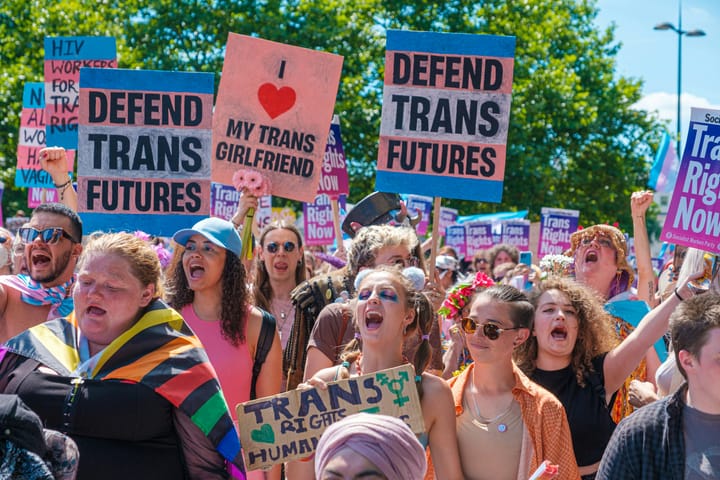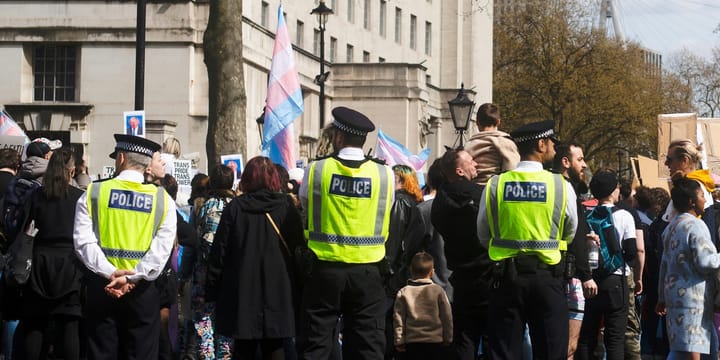Nicola Sturgeon says lives of trans people are at risk of being made “almost unliveable” following Supreme Court’s anti-trans judgement
Former First Minister of Scotland Nicola Sturgeon has said the lives of trans people are at risk of being made “almost unliveable” following the Supreme Court‘s anti-trans judgement on the definition of a woman. The ex-SNP leader also raised concerns about interim guidance issued by the Equality and

Former First Minister of Scotland Nicola Sturgeon has said the lives of trans people are at risk of being made “almost unliveable” following the Supreme Court‘s anti-trans judgement on the definition of a woman.
The ex-SNP leader also raised concerns about interim guidance issued by the Equality and Human Rights Commission, which slipped out with minimal consultation with affected communities and suggests blanket exclusions for trans women from women’s spaces – a stance that legal experts warn may itself violate existing equality protections and human rights standards..
Sturgeon said the court’s authority could not be questioned, but said the key issue was how the ruling was translated into practice.
Speaking to reporters in the Scottish Parliament, Sturgeon said: “I would be very concerned if that interim guidance became the final guidance.
“I hope that’s not the case because I think that potentially makes the lives of trans people almost unliveable.”
A prominent supporter of trans rights, Sturgeon’s government introduced gender recognition reforms that would have made it easier for people in Scotland to change their legally recognised sex. The reforms were ultimately blocked by the UK government.
The former first minister said no-one could question the authority of the Supreme Court.
However, she said questions remained about how the judgment would be put into practice in a way that protects women and allows trans people to live with “dignity” and in safety.
Support independent LGBTQ+ journalism
Scene was founded in Brighton in 1993, at a time when news stories about Pride protests were considered radical. Since then, Scene has remained proudly independent, building a platform for queer voices. Every subscription helps us to report on the stories that matter to LGBTQ+ people across the UK and beyond.
Your support funds our journalists and contributes to Pride Community Foundation’s grant-making and policy work.
Subscribe today




Comments ()